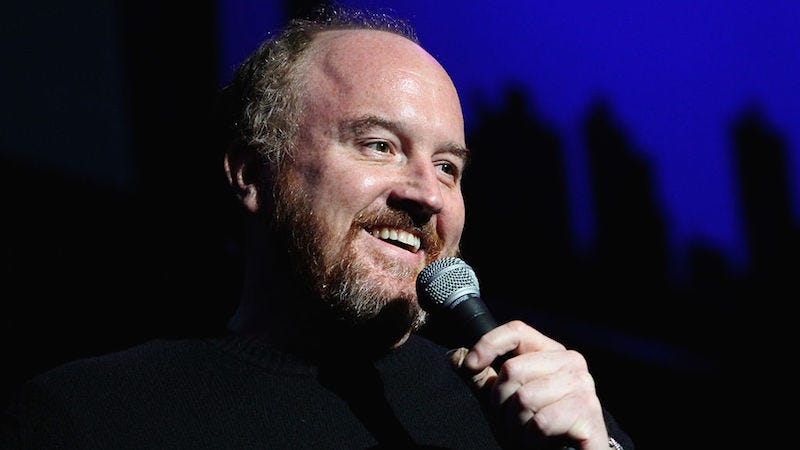Community, Leadership, Experimentation, Diversity, & Education
Pittsburgh Arts, Regional Theatre, New Work, Producing, Copyright, Labor Unions,
New Products, Coping Skills, J-O-Bs...
Theatre industry news, University & School of Drama Announcements, plus occasional course support for
Carnegie Mellon School of Drama Faculty, Staff, Students, and Alumni.
CMU School of Drama
Monday, November 20, 2017
The 4 Redemption Narratives We Are Currently Using to Minimize This Sexual Harassment Hellscape
jezebel.com: “We shouldn’t close it off and say, ‘To hell with him, rot, and go away from us for the rest of your life.’ Let’s not do that. Let’s be bigger than that,” the actor Bryan Cranston recently said in an interview with the BBC. Cranston had been asked a hypothetical question about the return of Harvey Weinstein and Kevin Spacey, two men whose abuses stand out, even in the Me Too moment, and his response was equally hypothetical. And yet, the question revealed that even in the middle of an ongoing reckoning with sexual harassment and assault, covering a range of industries, the narratives of second chances and redemption are already beginning to emerge.
Subscribe to:
Post Comments (Atom)

2 comments:
I wrote a 200 word comment before and closed the tab before sending so here goes nothing.
The accusations against these men in power, these Hollywood and media darlings who can do no wrong, shouldn't be shocking to anyone. The environment is rotting from the inside, steeped in a culture of cover ups and avoidance. These apologies and examples of rationalization and denial only serve to show that even clearer. Those directly in the fight, members of the communities and people who are trying to defend those accused, use these denials to try, in their minds, to keep their beloved actors and anchors and CEOs from being treated in a way they believe to be too harsh for the crime. But doing that doesn't just minimize the seriousness and long lasting repercussions of sexual harassment and assault women face. It also disrespects, disregards, and discredits the brave people who, after long years of fear, finally had the courage and support to speak out against people who took advantage or them and see those men punished publically for the world to see. Denying and rationalizing serves to try and patch a broken foundation, a superficial action that in the end does nothing but temporarily cover up the deep cracks and structural problems in the industry. Sooner or later that foundation will break and these denials will be what let it happen, because what they serve to do is show men that they can get away with sexual harassment and assault with what is, in the long term, nothing more than a slap on the wrist. Holding them accountable and punishing them is the only way to try and begin fixing that foundation, and defending their actions only makes it worse.
When I saw just this headline the only thing I could think was "there should be no redemption narratives". And that is exactly how I feel upon finishing the article as well.
Though I am not a fan of mass outpourings of trauma like the Me Too movement, what we as a culture can take from them is the sheer amount of cultural force it takes to uphold rape culture. And a large part of rape culture is the fact that predatory men are never held accountable for their disgusting nature. The fact that people really want to defend Louis CK with the excuse that "he didn't actually rape someone" is ridiculous.
Is our bar as a culture set so low that other types of violent sexual behavior such as assault are now okay? The fact that there are so many rapists and predators in the industry that we have to "ignore" some to get to the "real problem" is incredibly disappointing.
I am very glad that this article made me aware of this silencing tactic. I will now pay attention to anyone using these tactics and find ways to help them realize the levity of the situation.
Post a Comment